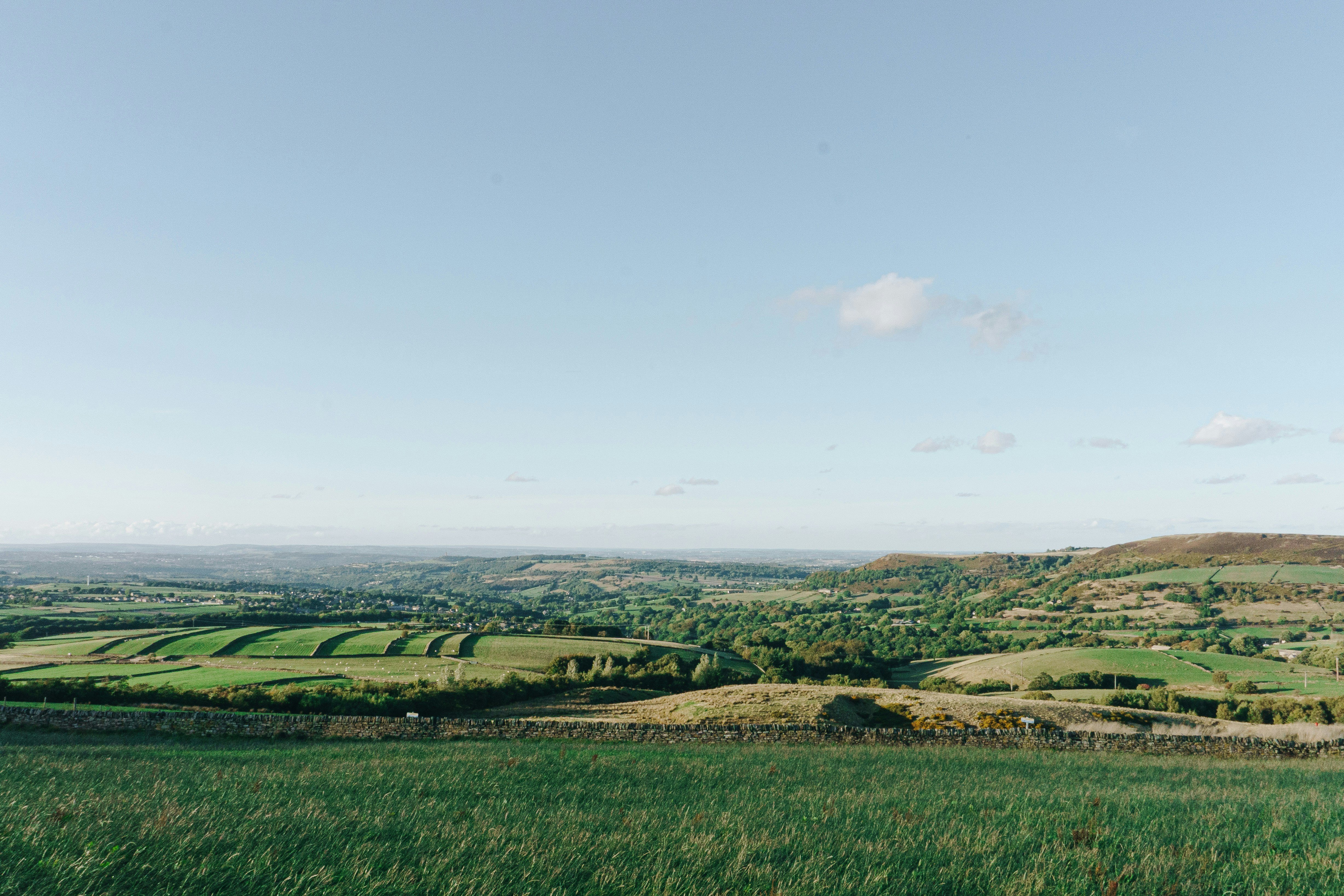Key Takeaways:
- The University of Reading has purchased Tanners Farm for £16 million to enhance its agricultural research capabilities.
- The 635-acre site will support the University’s Agrifood Futures Strategy, aiming to address global food system challenges.
- The new farm will complement existing agricultural facilities and research programs.
- The investment will provide students with hands-on experience and advance research in sustainable and healthy food production.
- The University of Reading is among the top 30 universities globally for Agriculture and Forestry.
Investment in Future Agricultural Research
The University of Reading has announced a significant step towards transforming the future of food and farming by investing in advanced agricultural research. On Monday, 1 July, the University finalized the purchase of Tanners Farm, Farley, for approximately £16 million. The 635-acre site, which includes pasture, arable land, and woodland, is located five miles south of the University’s Whiteknights campus and near its existing farming facilities at Hall Farm, Arborfield.
The acquisition of Tanners Farm and the adoption of the Agrifood Futures Strategy represent pivotal moments for the University. These initiatives extend the University’s farming resources, underscoring its over century of commitment to agricultural research and education.
Strategic Expansion and Development
The purchase ensures that the University will have ample space to continue its world-class research, especially with potential updates to Wokingham’s Local Plan that may allocate parts of Hall Farm for new developments. Professor Robert Van de Noort, Vice-Chancellor of the University of Reading, emphasized the importance of this move, stating, “The study of food and farming has been at the heart of the University’s work for more than a century. This new strategy will secure the future of agriculture at Reading for the next century to come.”
He added, “Our mission is to develop new methods and partnerships to transform the way healthy, sustainable food is produced in Britain. This is another important step to raise Reading’s position among the world’s best for agricultural research.”
Agrifood Futures Strategy
The Agrifood Futures Strategy aims to position the University to tackle the complex challenges of the global food system by 2050. The strategy outlines three key research areas: transforming to a resilient and fair food system, promoting environmentally friendly farming systems, and developing healthy and sustainable foods. These priorities align with the vision for a global population to have access to a sufficient, healthy, sustainable, and affordable diet.
The University of Reading, ranked among the top 30 universities globally for Agriculture and Forestry (QS World University Rankings by Subject 2024), is already renowned for its extensive farming portfolio and research. Current projects include innovative studies to reduce greenhouse gas emissions from dairy production, techniques to enhance livestock health and welfare, efforts to increase populations of bees and pollinators, development of vaccines against bovine TB, and support for cocoa farmers facing climate challenges.
Commitment to Sustainability
Tanners Farm has been managed with a focus on wildlife conservation and countryside protection. The University plans to lease the land to its current users initially, maintaining the existing biodiversity schemes. Professor Simon Mortimer, Head of the University’s School of Agriculture, Policy and Development, commented, “This is an exciting development for the University’s ambitions to invest in the future of food and farming research and education.”
He continued, “The University’s purchase of Tanners Farm will give us the opportunity to research and demonstrate solutions to some of the most pressing problems facing Britain and the world: how to keep feeding a growing population from finite resources, despite a changing climate, while reducing the impact of farming on the environment.”


